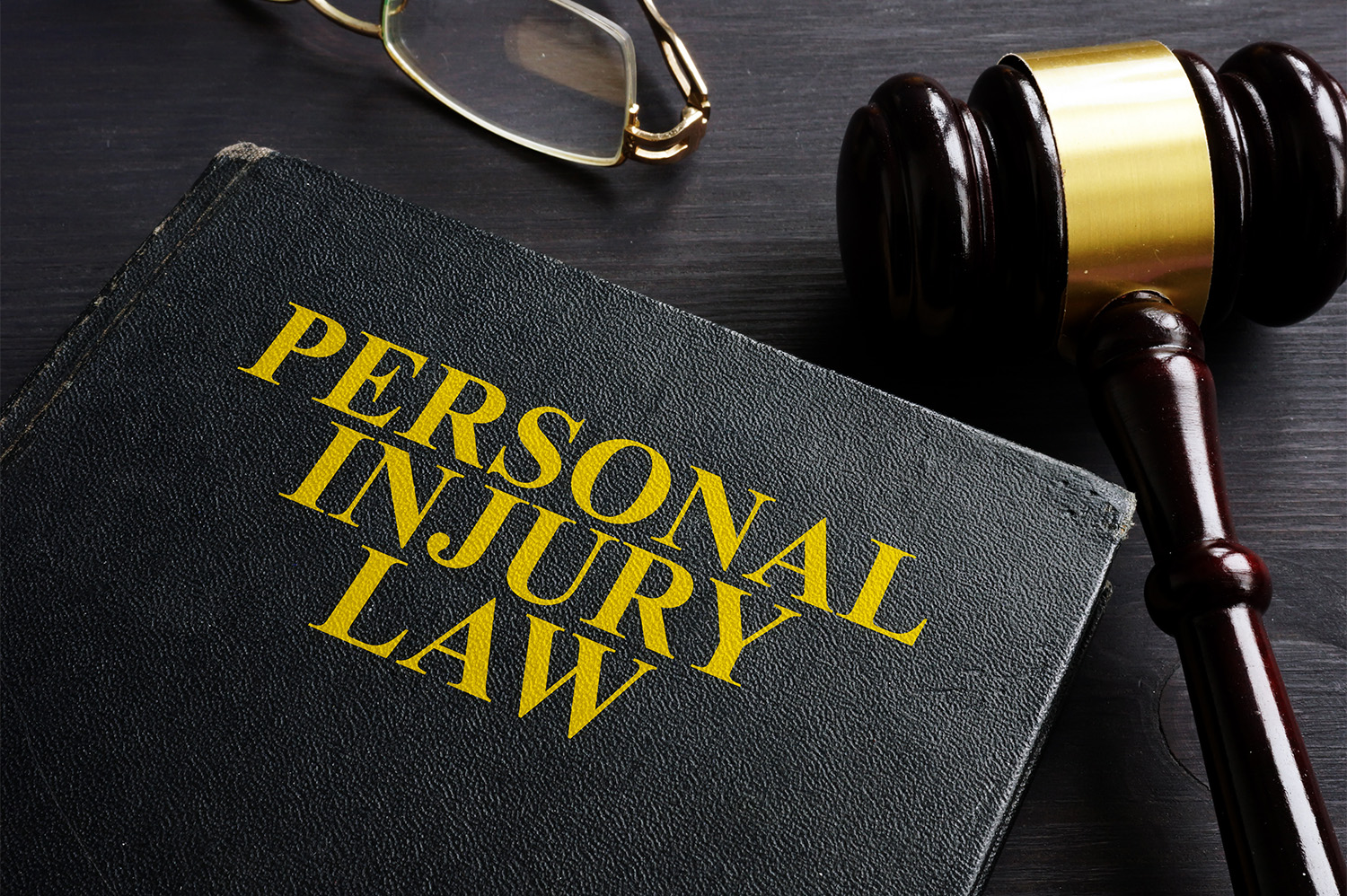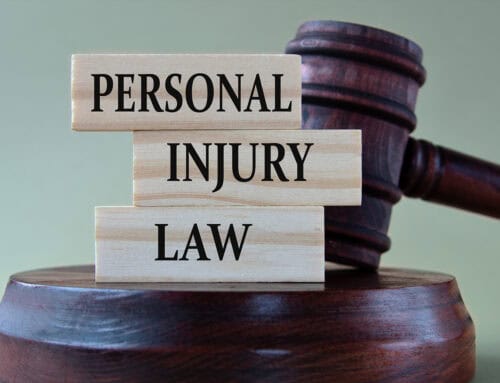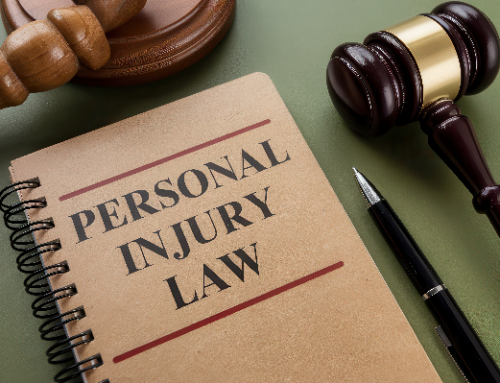Compensation in Personal Injury Cases: Understanding Your Entitlements
Each personal injury claim is unique, but a common question for those experiencing an injury is, “How much am I entitled to?”
The answer typically hinges on numerous factors, including the damages involved. This refers to the losses you suffered and may include:
- Medical expenses
- Lost income
- Pain and suffering
Being aware of your possible entitlements can be a huge help if you are thinking about filing a claim.
What Are the Two Main Types of Damages?
Compensatory and punitive are the two main types of damages in personal injury cases, whether the cases involve injuries sustained from car crashes, dog bites, slips and falls, or something else.
Compensatory Damages
The aim of compensatory damages is to compensate plaintiffs (the injured people) for their losses. Most personal injury cases are compensatory, with special and general damages. The goal is to make plaintiffs “whole” again as much as possible through financial means.
- Special damages (also called economic damages) are relatively easy to account for/quantify. They include medical bills, lost income from time missed at work plus future lost income, property damages, home modifications, and transportation costs for medical-related appointments. Special damages can even extend to the costs of hiring caregivers or household workers to perform chores the plaintiff can no longer do.
- General damages (also called noneconomic damages) are harder to quantify. They include pain and suffering, loss of enjoyment, and loss of consortium.
Pain and suffering include both physical and mental aspects. They account for pain experienced as a result of the accident, as well as future physical and mental suffering the plaintiff is likely to experience. Anxiety, depression, loss of appetite, and PTSD all fall under mental pain and suffering.
Loss of consortium centers on losses in the relationship between the plaintiff and spouse. For example, if companionship and intimacy suffer in the marriage, the claimant could be entitled to damages. Other such losses include one’s enjoyment of or ability to participate in the recreational activities, hobbies, and similar interests that once bonded a couple or family.
Punitive Damages
Punitive damages are rare and can reach incredibly high dollar amounts. Their purpose is not to compensate the plaintiff but rather to punish the defendant’s behavior and ideally prevent similar cases from occurring.
Some states cap the amount of punitive damages a plaintiff can acquire. California has no limit, but does not allow punitive damages in some cases, such as medical malpractice.
Who Pays Your Entitlements?
The party or parties legally responsible for what happened pay damages, and/or their insurance companies do. Often, the plaintiff and defendant(s) negotiate the settlement amounts to determine entitlements.
Sometimes, a lawsuit occurs, and the case goes to trial. In these situations, a judge or jury awards damages. The parties usually prefer to settle before a case goes to court due to uncertainty over the outcome, the possible emotional toll of a trial, and other variables.
California is a pure comparative negligence state. This means damage entitlements reflect any fault the plaintiff has in causing the accident. Suppose you agree in settlement talks that you are 25% at fault for an accident (or a jury at a trial reaches this conclusion). Total damage awards are $100,000. You’d be able to collect 75% of that amount.
What Specific Variables Can Affect Damage Entitlements?
Aside from factors such as medical expenses, lost income, and pain and suffering, many variables can influence personal injury entitlements. They include the following.
- The plaintiff’s failure to mitigate damages: If you did not seek medical treatment after an accident or are not following medical recommendations, these actions could reduce your entitlements quite a bit. Plaintiffs must act reasonably to keep the financial impact of what happened as low as possible.
- How clear the defendant’s liability is: The types of evidence in a case and how to interpret them can muddy the liability waters somewhat. The path forward is easier when all parties agree on the degree of fault.
- Severity of injuries: Long-term effects such as a disability usually mean more expenses and higher entitlements.
- Insurance coverage and defendants’ assets: Sometimes, there is not enough insurance coverage to pay for all damages. Similarly, defendants may not have enough assets to fully compensate plaintiffs.
The statute of limitations is another variable worth mentioning. It is the time a plaintiff has to file a lawsuit against defendants. It typically begins on the date of the event that caused the injury. In California, it is usually two years.
How does this affect your entitlement? Often, it does not. However, suppose the deadline is nearing. You have not filed a lawsuit and are in talks with the parties who caused your injury. They could use the approaching deadline to make a lower settlement offer than they would otherwise. Their hope is that you will accept the offer rather than go through the steps of filing a lawsuit.
Discuss Your Case With a Personal Injury Lawyer
Many factors affect the entitlements in a personal injury case. Contact the Law Offices of Brent D. George today for a free consultation.
Disclaimer: This article is intended for informational purposes only and does not constitute legal advice. For personalized assistance, please contact our office at (805)494-8400.






